Astronauts aboard Shenzhou XI have a special companion
Updated: 2016-10-18 14:21
By Guo Kai(chinadaily.com.cn)
|
||||||||
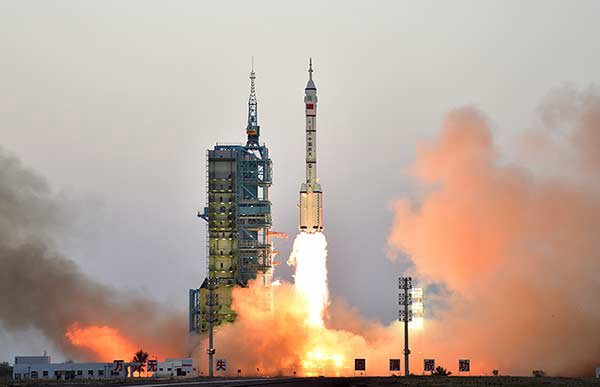 |
|
Shenzhou XI manned spacecraft blasts off from the Jiuquan Satellite Launch Center in Northwest China, Oct 17, 2016. [Photo by Feng Yongbin/chinadaily.com.cn] |
The two astronauts aboard Shenzhou XI spacecraft have an unusual companion: a silkworm.
The insect will be used in an experiment designed by middle school students from Hong Kong.
China launched the manned spacecraft carrying astronauts Jing Haipeng and Chen Dong on Monday morning, and it will dock with the Tiangong-II space lab that was launched into space in mid-September.
The silkworm will board on the Tiangong-II space lab in a palm-sized aluminum alloy capsule, and its activities would be viewed through the glass in the middle of the capsule. It is expected to spin and cocoon in space.
Hong Kong students wanted to know if the silk produced in the space will be more thick and tough, and whether such silk could be used to produce special suits, such as spacesuits.
To protect the silkworm from the gravitational acceleration during the launch, scientists used special padding in the capsule, and astronauts will take out the padding after they enter the Tiangong-II.
Scientists also prepared delicious feed with mulberry leaf taste for the worm. Its feed is fixed in caps of the capsule at the two sides, and astronauts will change the caps after the insect empties them.
The inside of the capsule is taped with nonwoven fabrics that will help the worm to climb on the walls in the micro-gravity environment. And the capsule also has some holes for air circulation and cleaning up the feces.
Two other experiments from Hong Kong middle school students include double pendulum movements and the chemical reaction inside the water membrane, an experiment aimed at producing breathable but impervious film.
Astronauts will operate a small scientific furnace twice to produce some space materials and take the samples back to the Earth for scientific analysis. It will be the first time that Chinese astronauts will carry out such experiments in orbit.
An agricultural experiment has sprouted seeds of Arabidopsis thaliana, a small flowering plant, and rice in the space lab. Astronauts will cultivate the samples in space and take back to the Earth.
They will for the first time receive medical ultrasound examinations in the space to monitor their heart and lung functions in real time, an important task to observer the physical effects during long-term stay in space.
- Flying club offers bird's-eye view of Pyongyang
- Greeks rally against labor reforms
- New poll shows Clinton's double-digit lead over Trump
- Iraqi forces fighting all out to free Mosul from IS
- Iraqi forces begin major offensive to retake Mosul from IS group
- Thai PM reassures on smooth succession; coronation after king's funeral
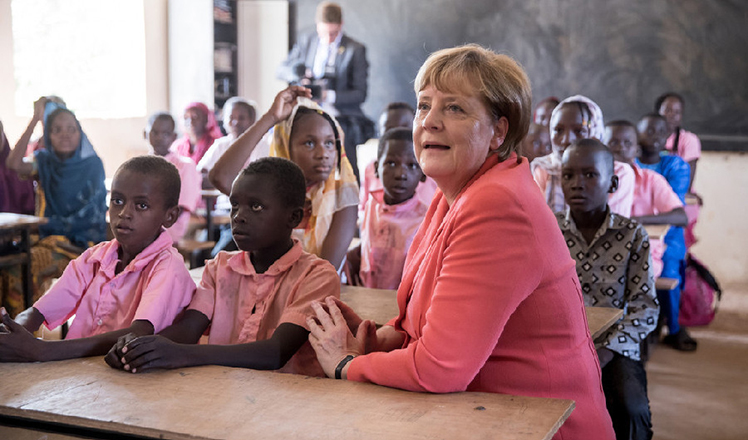
 World in photos: Oct 10 - 16
World in photos: Oct 10 - 16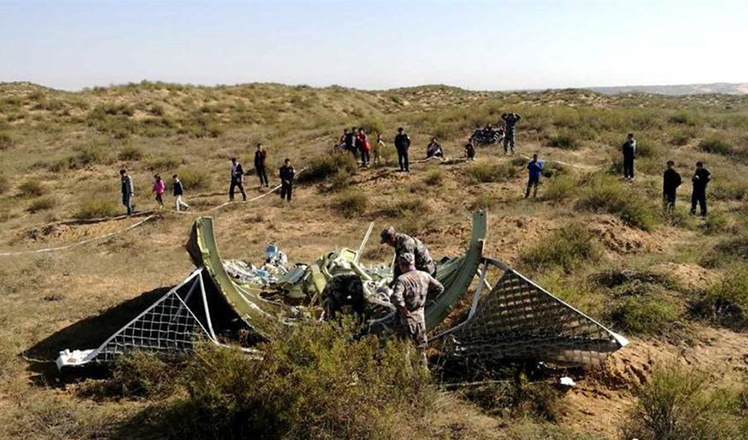
 Fairing fragments of Shenzhou XI found in Shaanxi
Fairing fragments of Shenzhou XI found in Shaanxi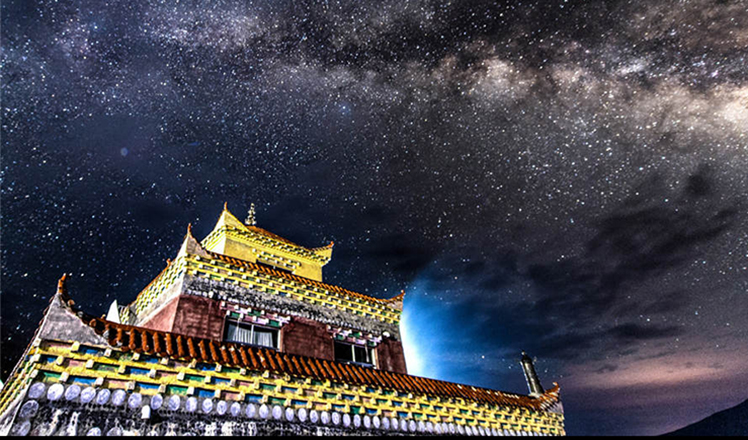
 Feast for the eyes: Photo Beijing 2016
Feast for the eyes: Photo Beijing 2016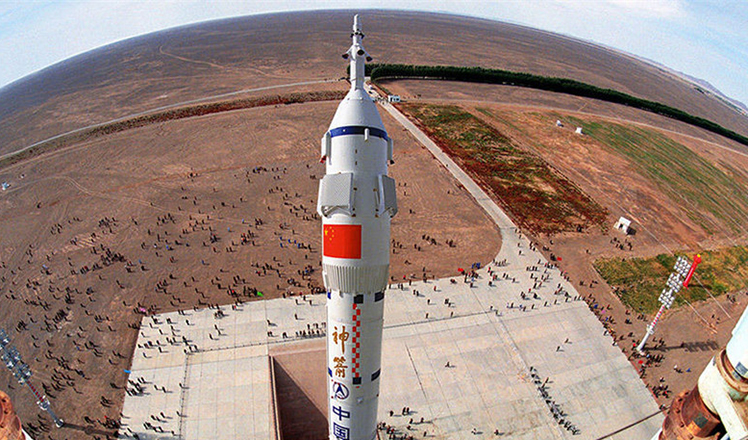
 China's Shenzhou spaceship: A proud family
China's Shenzhou spaceship: A proud family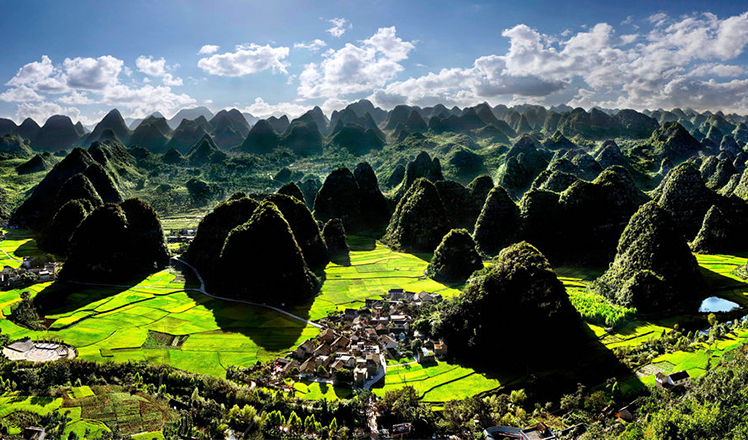
 Journeys toward prosperity
Journeys toward prosperity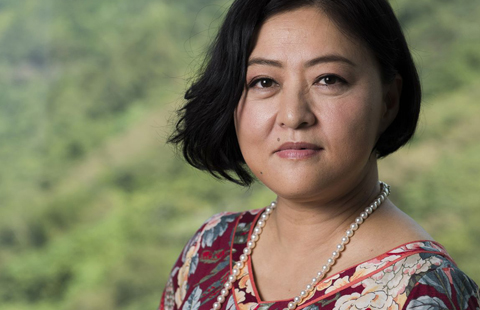
 Female investors rise to top of venture capital companies
Female investors rise to top of venture capital companies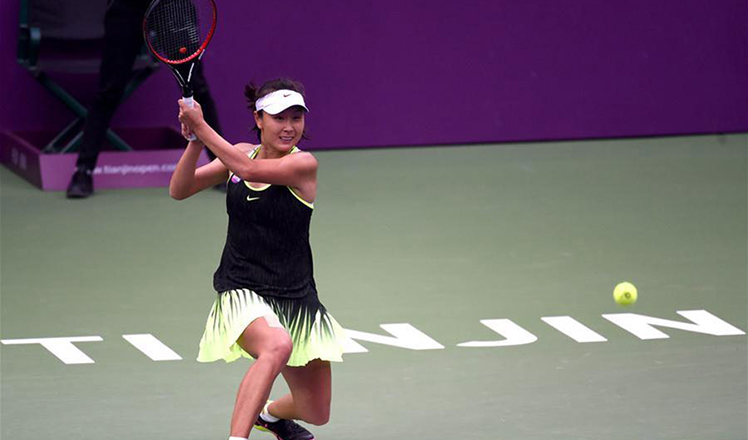
 Peng Shuai claims title of women's singles at WTA Tianjin Open
Peng Shuai claims title of women's singles at WTA Tianjin Open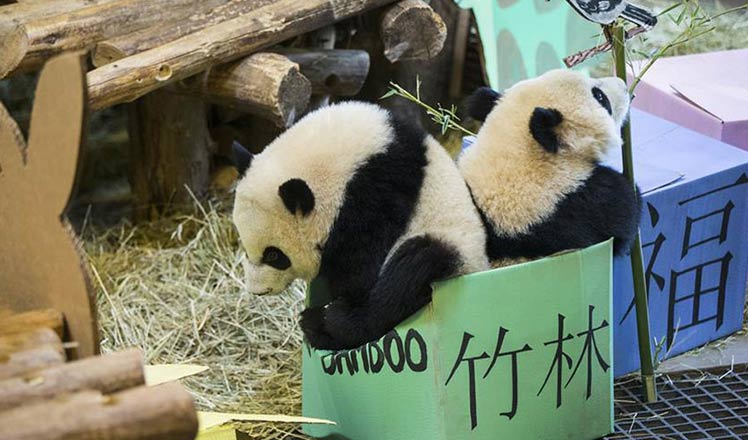
 Birthday celebration held for panda cubs at Toronto Zoo
Birthday celebration held for panda cubs at Toronto Zoo
Most Viewed
Editor's Picks

|

|

|

|

|

|
Today's Top News
'Zero Hunger Run' held in Rome
Trump outlines anti-terror plan, proposing extreme vetting for immigrants
Phelps puts spotlight on cupping
US launches airstrikes against IS targets in Libya's Sirte
Ministry slams US-Korean THAAD deployment
Two police officers shot at protest in Dallas
Abe's blame game reveals his policies failing to get results
Ending wildlife trafficking must be policy priority in Asia
US Weekly

|

|







